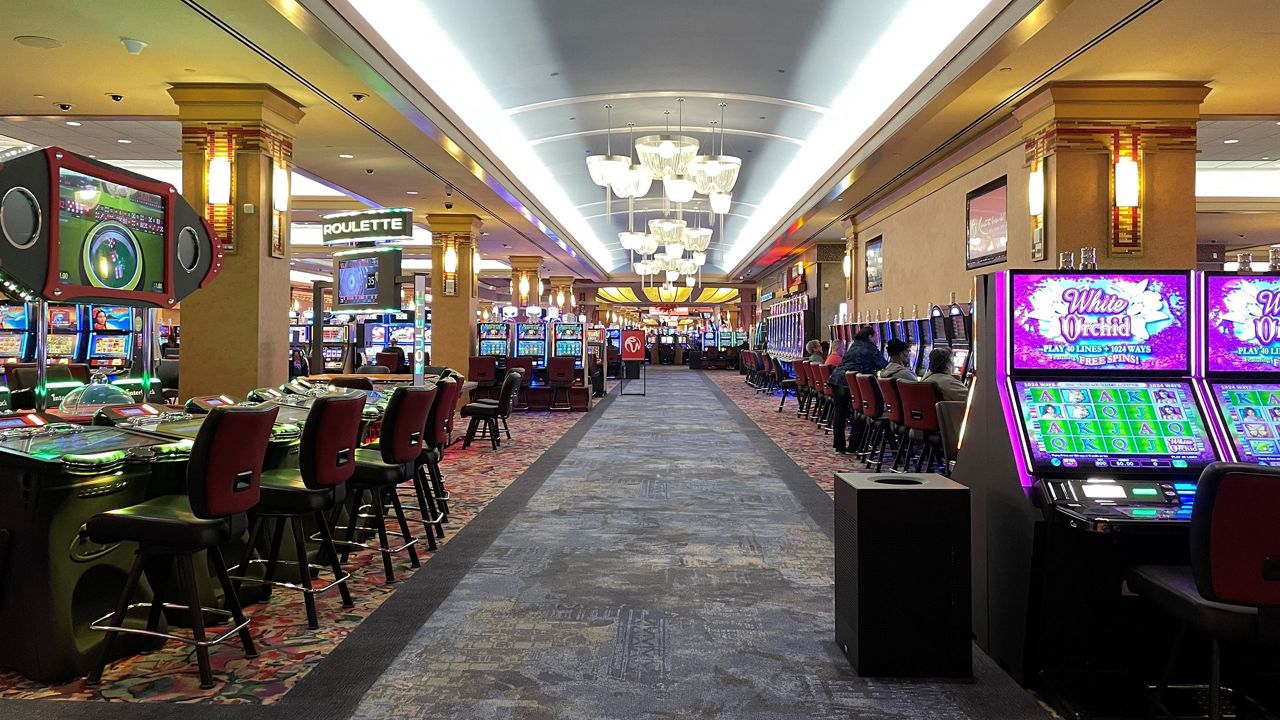In the vibrant realm of gambling halls, where the atmosphere pulses with excitement and the clattering of tokens permeates the environment, the position of a game dealer is both crucial and fascinating. Every day, these skilled professionals step into a realm where fortune and tactics converge, guiding players through the highs and lows of their chosen casino titles. From table games like 21 and texas hold ’em to the revolving wheels of roulette, dealers manage the gameplay while ensuring that every game operates seamlessly and fairly.
As the sun rises on another hectic day, a casino game dealer gets ready to dive in this dynamic environment. Their duties extend beyond merely dealing the cards or spinning a wheel; they are also entertainers, service providers, and keepers of the rules. Each workday brings new challenges and interactions, making every day unique in the life of a casino dealer. This insider look will examine the day-to-day operations of a casino dealer, showcasing the skills and insights that make this profession both thrilling and rewarding.
The Role of a Casino Game Croupier
A gambling table croupier is at the core of the gambling experience, orchestrating the progress of the play while making sure that players are involved and enjoying themselves. Their primary responsibility is to oversee the game, which involves distributing cards, rotating the wheel, or managing the chips, depending on the game being played. Croupiers must have a thorough understanding of the rules and regulations governing each game, while also upholding a welcoming and welcoming demeanor to enhance the gambling atmosphere.
In addition to overseeing the play, dealers must also monitor on the players and the environment around the game. link 77win This entails monitoring for any indications of cheating, making sure that everyone is adhering to the guidelines, and addressing any conflicts that may arise among players. Effective communication skills are vital, as dealers often give explanations about the game’s mechanics and give assistance to those who may be new to casino games.
Moreover, a croupier’s role extends past just the technical aspects of the play. They play a key part in crafting an immersive experience for the players. This necessitates building a rapport with patrons, being sensitive to their needs, and often adding an element of entertainment into the game. It’s this mix of talent, vigilance, and interpersonal relationship that makes the role of a gambling table dealer both demanding and rewarding in the vibrant world of gambling games.
Daily Responsibilities and Challenges
One of the primary responsibilities of a dealer in a casino is to supervise the multiple games provided at their table, ensuring a smooth and enjoyable experience for players. Dealers must be adept at distributing cards, handling chips, and maintaining the continuity of the game. This requires a sharp understanding of the regulations of each game, from blackjack to roulette, and the ability to answer players’ questions while keeping the game moving. Attention to precision is crucial, as dealers must track bets, disburse winnings correctly, and monitor any cheating or discrepancies at the table.
In addition to managing the game itself, dealers face challenges such as dealing with difficult players. The casino environment can be tense, particularly during high-stakes games, and a dealer must remain composed and professional at all times. They need strong interpersonal skills to handle interactions with players who may be frustrated about losses or dissatisfied with the game’s speed. Handling these situations delicately is essential in ensuring a friendly atmosphere on the casino floor.
Another significant responsibility is maintaining the honesty of the game. Dealers must be alert and attentive, watching for any signs of player cooperation or cheating among players. This involves not only a strong knowledge of the games but also an awareness of player psychology. tải app 77win They must also follow the casino’s regulations and procedures, taking part in regular training sessions to keep updated on rules and protocols. Balancing these responsibilities while providing top-notch customer service is what makes the role both difficult and fulfilling for a dealer in a casino.
Attributes and Qualities for Success
A effective casino game dealer must possess outstanding communication skills. This includes not just the ability to clearly explain game rules and procedures to players but also the capacity to connect with them in a cordial and respectful manner. Cultivating rapport with customers can enhance the gaming experience and encourage repeat visits to the casino. Strong communication enables dealers to manage tables efficiently while ensuring that players feel appreciated.
Moreover, solid mathematical skills are essential for a dealer. Quick math are often required to keep track of bets, payouts, and game outcomes in real time. A dealer’s ability to perform these numerical tasks accurately and swiftly promotes to the overall efficiency of the game. This skill helps in maintaining the flow of play and in minimizing disputes or misunderstandings with players, which is crucial in a fast-paced casino environment.
Lastly, an ideal casino game dealer should demonstrate integrity and professionalism at all times. Trust is a crucial component of the gaming experience, and players must feel assured that the games are conducted fairly and clearly. A dealer’s dedication to upholding high ethical standards fosters a welcoming atmosphere at the table and enhances the casino’s reputation. Being consistent in behavior ensures that dealers leave a enduring impression on guests, which can lead to a loyal customer base.
